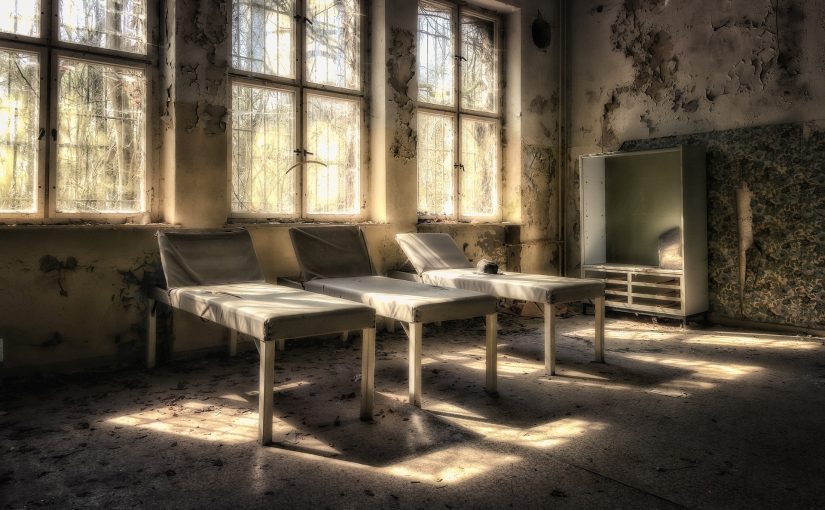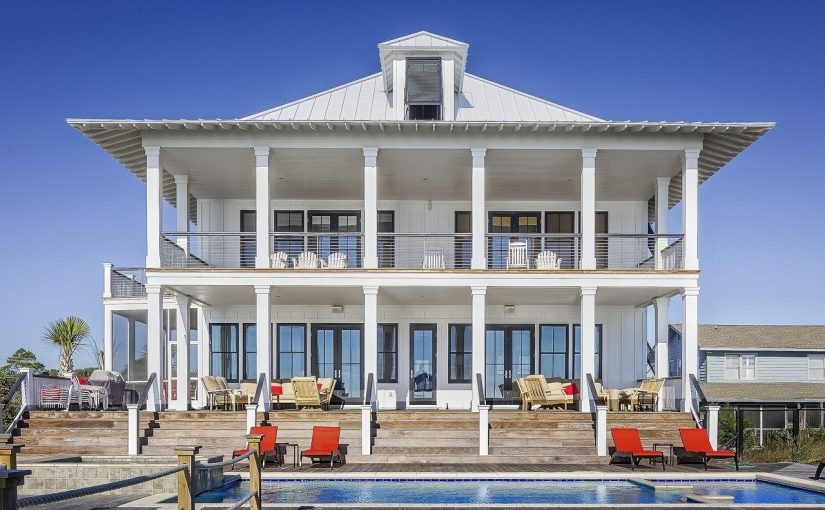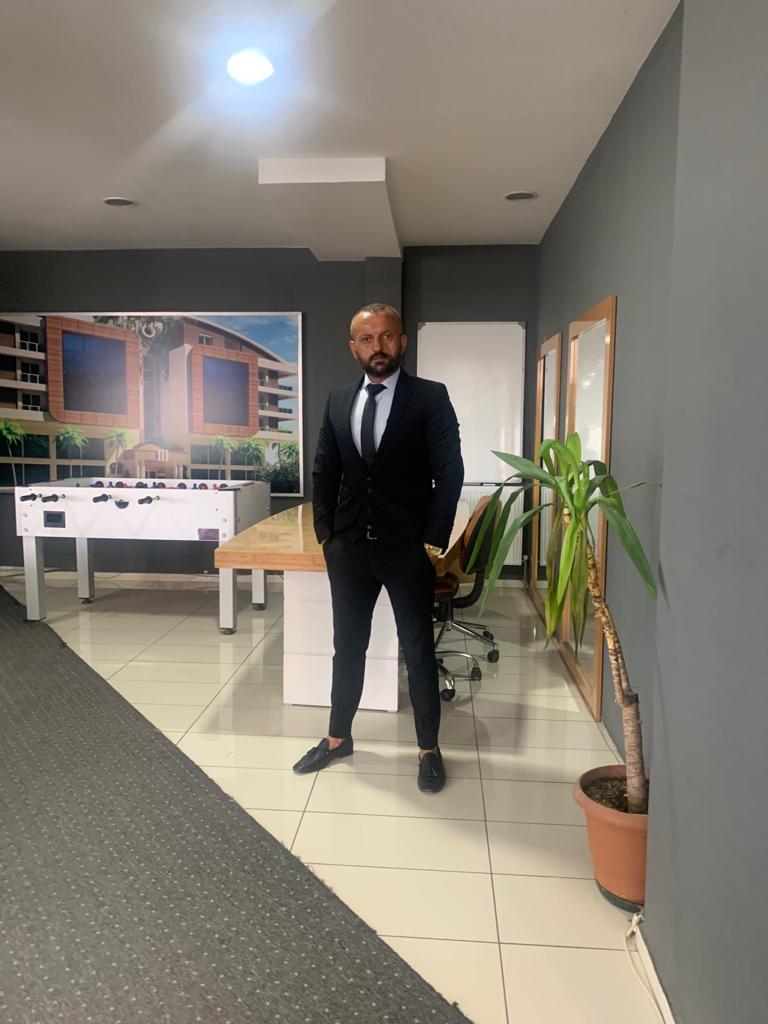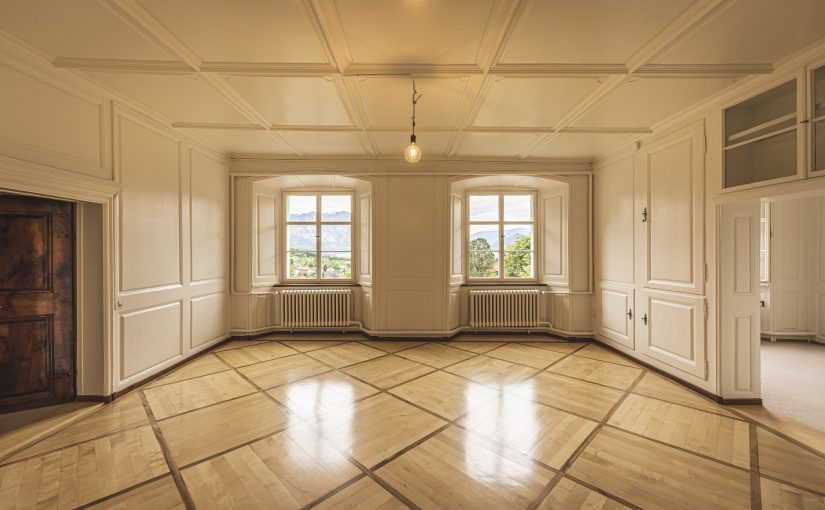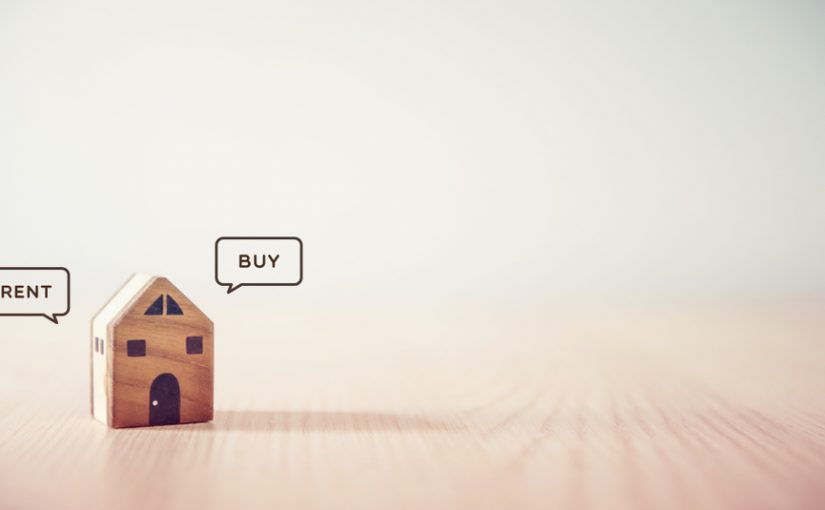While social distancing is strongly encouraged—and you should stay home if you can—you have the time of your life. Or haven’t you?
Articles about how wonderful this time at home is, are popping up like mushrooms in autumn. You hear how you can find new passions and hobbies like painting, reading, baking, cooking etc. It all sounds really lovely, just like great holidays at home. How cool is that!
Expectation vs Reality
Reality sometimes paints a very different picture. While others become master chefs, you might not even have any appetite. Or while others are proud how they have parties in zoom with family and friends you may just wish to be left alone finding this peace you so desperately long for. Seeing all this happy people at home made me wonder, why is it so damn hard for me?
Although I would generally consider myself mentally healthy with a stable family life, I found the new situation very challenging. This was for many different reasons. And that’s it really. Everybody of us is different and copes with this new situation during COVID in a different way.
Keep Yourself Busy with the Right Thing for YOU
One factor for me was that I had not much to do at home where I could really find my inner peace. Being at home with all the family all the time can get on your nerves a little, especially if you weren’t used to it. This is even worst if you have no space to escape to. For example, if you have just one bedroom—of course shared with your spouse—that functions also as office for both of you.
What saved me was something I noticed even before the COVID. It has to do with retired men in my region who worked in construction. Strangely enough, after they retired, they keep seeking work for themselves. They even offer their services at a very low price. I could never understand why—after a life of hard labour—you still want to work more. But now I do.
I have a thing in common with those retired men. I love to work and I always enjoyed working with my hands. Working in construction gives me the feeling that I create something lasting. Also, physical activity is proven to be very beneficial for your mental health.
Physical Activity Is Good for Your Mental Health
When you hear “Physical Activity” the first thing that comes to mind is doing some sport—working out in a gym. But working in construction gives a fair amount of exercise too. Fact is, working hard makes me happy. This gave me an idea.
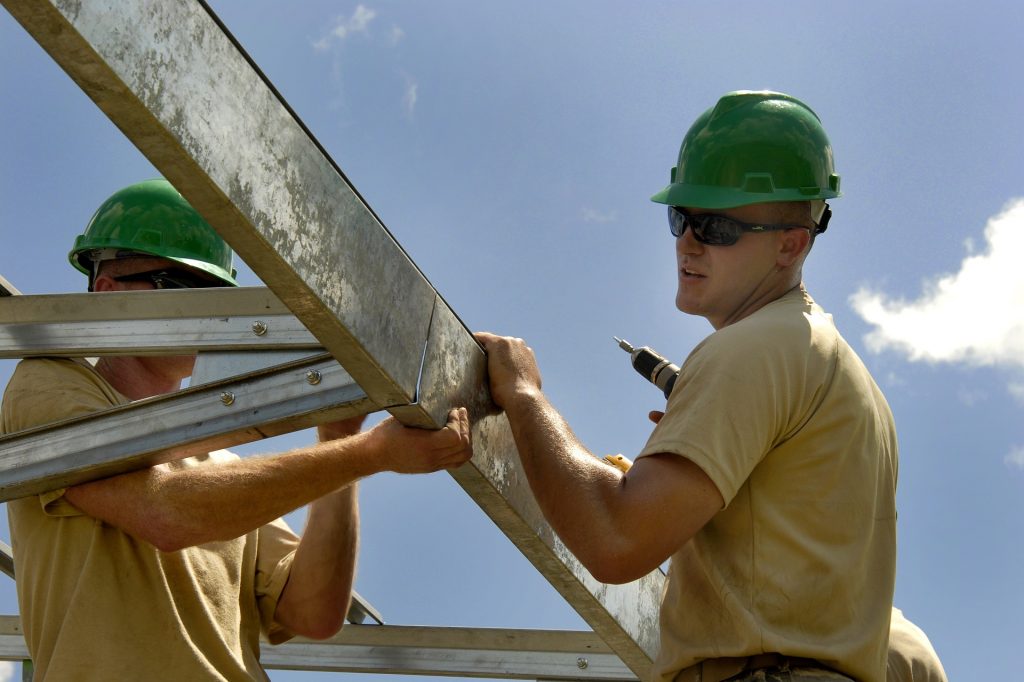
My House Project
Fortunately, I live in an area with a number of uninhabited run-down houses in the neighbourhood. Therefore, it was easy to find a cheap house for sale. I was able to buy one for me that I can renovate now in my own time, all by myself. Not only is this incredible rewarding but I can also go there whenever I need some alone time. It has given me a completely new feeling of freedom—something I lost during the COVID.
My house project also helped me to learn lots of new things. Before doing something fresh in the house I always watch some “How to” movies on YouTube. It’s incredible how creative people are. This is definitely contagious.
Not Only a Personal Achievement
My House Project hasn’t gone unnoticed in the neighbourhood. I got a lot of positive feedback from the neighbours. As much as my house project has benefited me personally in this critical time, I’m still looking forward to profit from it financially. Once finished I’m sure I can sell it for a good price.
Looking for your own House Project? Find it on www.all-real-estate.com
Images: (1) Image by Alexas_Fotos from Pixabay (2) Image by 272447 from Pixabay


